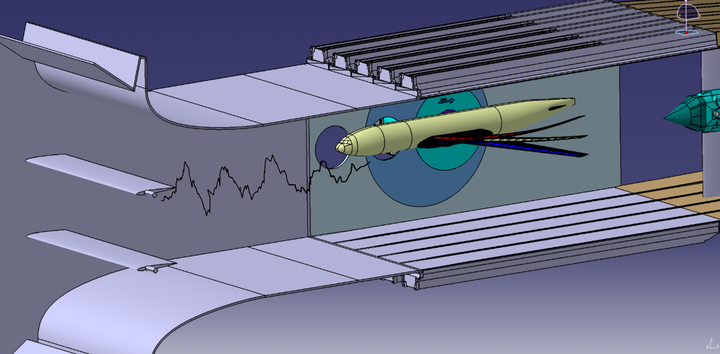 Illustration of an aeroelastic aircraft subjects to unknown turbulence.
Illustration of an aeroelastic aircraft subjects to unknown turbulence.
Abstract
Ultra-efficient, high-aspect-ratio wings offer a promising solution for reducing emissions in next-generation aircraft. However, these designs are sensitive to atmospheric disturbances and prone to instability. While active control strategies can mitigate structural loads and stabilize the system, their development is challenging due to the uncertain and timevarying nature of aeroelastic systems. This paper addresses these challenges with a direct, adaptive, data-driven approach. The proposed data-enabled policy optimization algorithm leverages sample covariance to directly learn and adapt control strategies from a single batch of persistently exciting, closed-loop inputoutput data. A forgetting factor mechanism enhances adaptability to time-varying dynamics during operation. The algorithm is explicit and recursive, requiring only a single step of projected gradient descent per sample, improving computational efficiency and enabling real-time application. Numerical simulations demonstrate that the proposed algorithm effectively suppresses unstable flutter, alleviates structural loads, adapts to dynamic time variations, and minimizes control effort—all without requiring prior knowledge of system dynamics or disturbances.